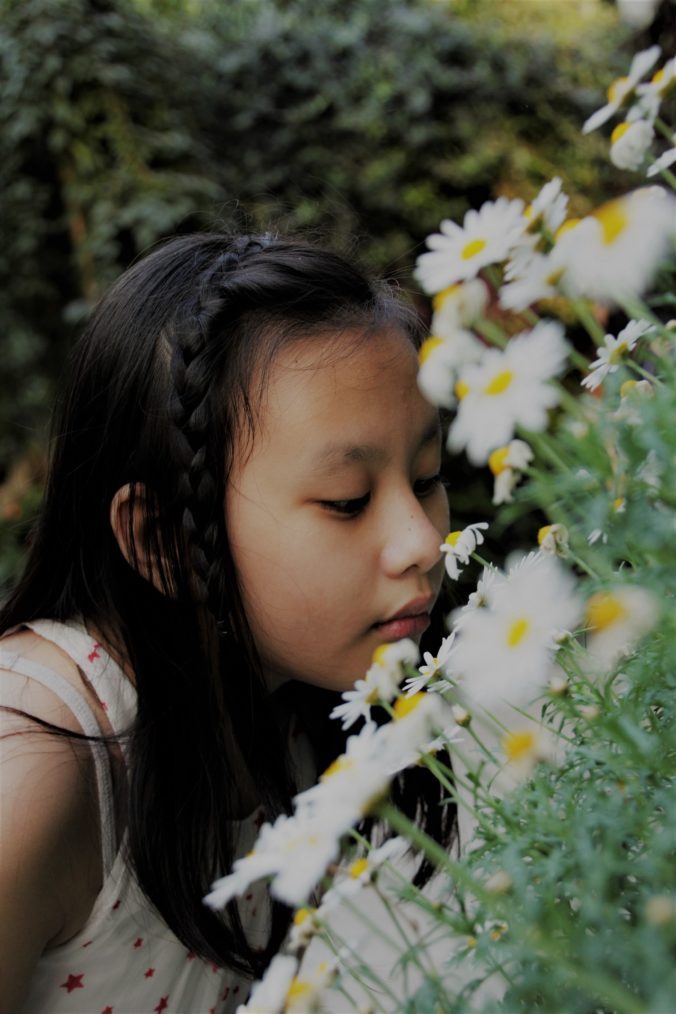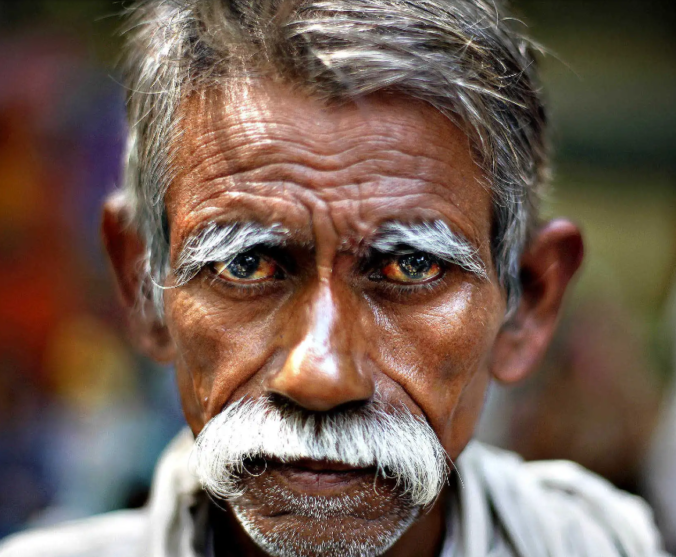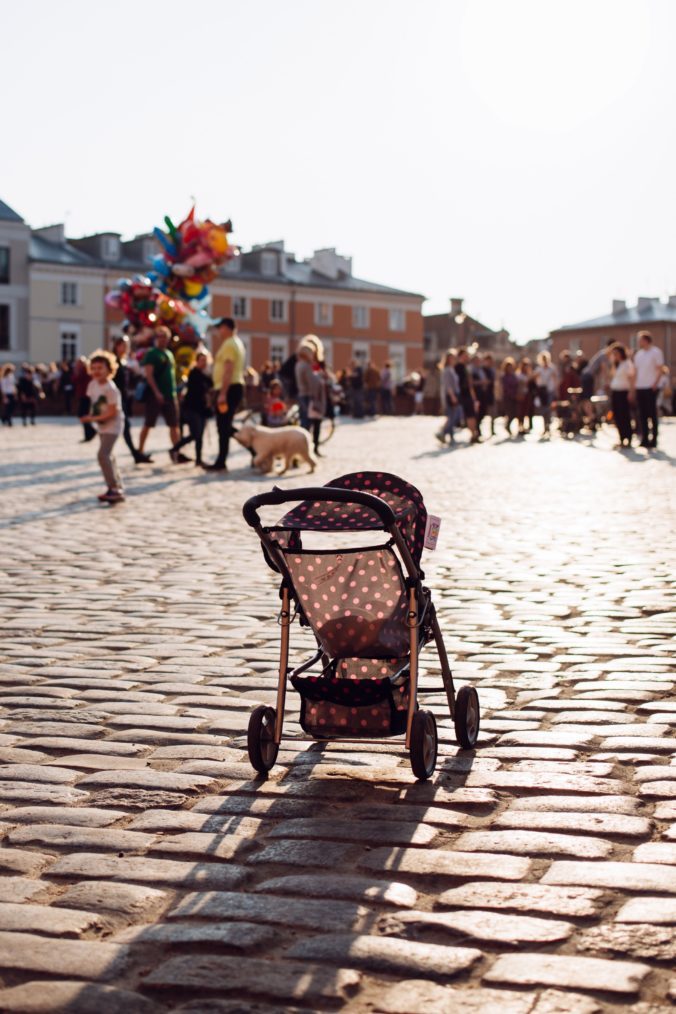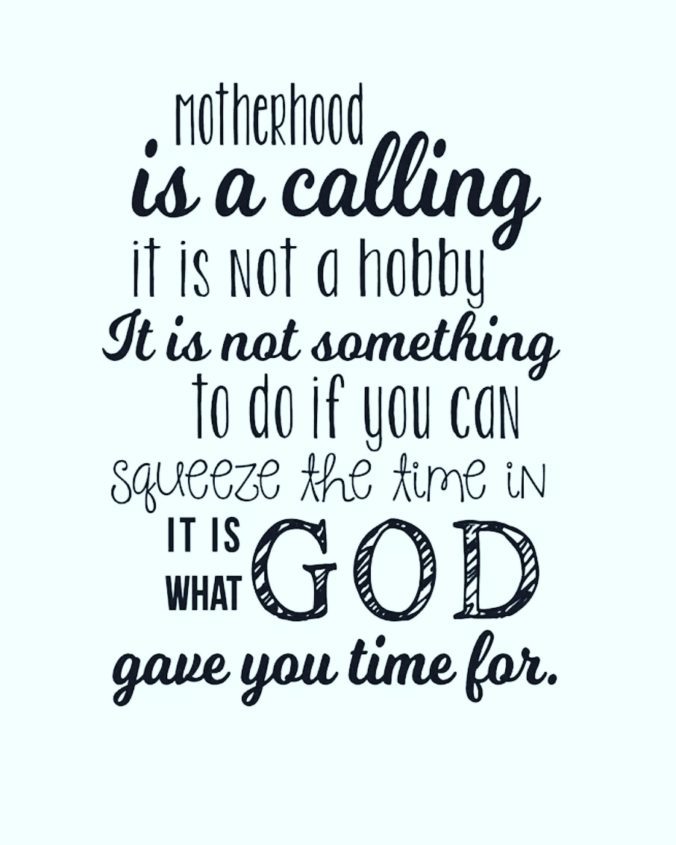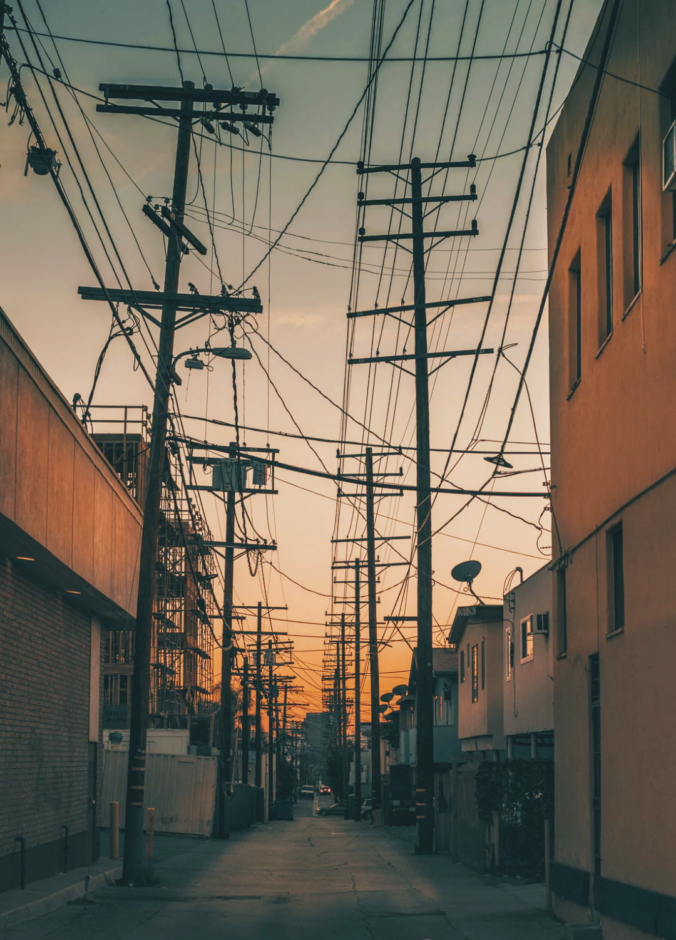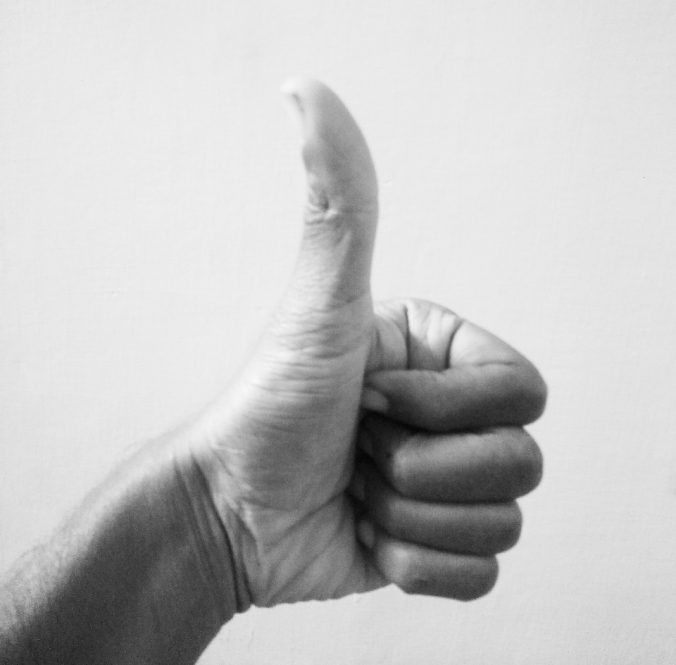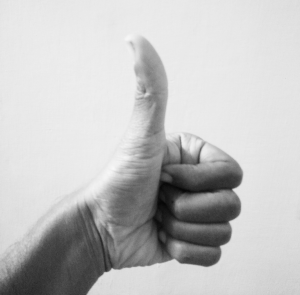The sense of smell.
Suffused silently in the ebb and flow of breath, such is its subtlety that we seldom take note of its presence. But as easy it is for us to imagine a person who can’t see, hear or speak, can we imagine a person who can’t smell? It almost feels as if such a person couldn’t be alive, for the loss of the sense of smell feels akin to loss of the breath itself.
The olfactory sense is perhaps one of the most visceral of all, for unlike the sense of sight that is related to the eye, or the sense of hearing associated with the ear, or the sense of touch felt by the skin, it doesn’t seem as easy to associate an organ with the sense of smell. While we do breathe in from the nose, there’s something mysterious about how we make sense of smell, a working far more complex that merely sniffing through our nostrils.
There is an evocative potential in
every scent. Each lingering scent that we’ve experienced in our life
is meticulously bookmarked in the brain as a memory. And what makes the
memory so special is that the scent that brings it forth cannot be
reproduced at will.
You can listen to an old song that you wish to
hear, or look at a photograph you had clicked years ago, as you can
still pull those out at will from a digital repository.
But how do
you pull out the aroma that used to emanate from the kitchen at your
grandmother’s place when you visited her at age 6?
Having said that,
should you inadvertently find someone crushing coriander seeds in a
mortar and pestle in the neighborhood, it could teleport you to your
grandmother’s kitchen in an instant.
Such is the evocative energy !
While
we humans do not have as keen a sense of smell as animals, it has been
instrumental in our survival and perpetuation through the ages.
Odour
plays a significant role in mating. Attraction has a lot to do with
finding a partner with an agreeable and enchanting scent.
But there’s a role that an unpleasant odour play as well. Think of the miracle of nature, that any food that is unappetizing or toxic to our biology invariably emits an unpleasant odour, steering us clear from the idea of consuming it.
A person’s natural odour, until not too long ago, was an identity in itself. However, once humankind figured out the science of aromatics, the deep personality in the natural scent of a human has wafted away, and a dab, a drop, a drizzle, of a synthetic concoction has effaced our natural olfactory fingerprint.
Modernity
has only made us feel insecure about our own musk. And in a world where
cultural aspirations tend to funnel towards a white-collar office job,
breaking into a sweat while at work has sadly, lost its charm.
Sweating
is the body’s natural mechanism to cool-off, flush out toxins and bring
a soothing relief from stressful physical work.
A moist layer of
skin, a dripping brow, the sublime sweetness of a saline secretion, were
all tangible testimonies to the effort we put into our work.
At some
level, after a hard day at work, as the evening breeze brushed against a
peasant’s skin, along with the heat it took away from the body, the
sweat also took away all pent up stress.
In our modern office
environment, where we are conditioned to the extent that even the air we
breathe is but conditioned, and as we attribute more respect to
cerebral work, the association of sweat with hard work has been reduced
to a mere metaphor.
Now, as we’ve begun to associate sweat with
drudgery, with no way to dissipate stress through our pores, have we not
designed a drudgery for ourselves in our sterile work environment?
Should the proliferation of stress management workshops ever come as a surprise?
Sweat
and body odour are seen (through the lens of modernity) as problems,
which can be remedied if one is willing to tow the line of advertizing
and spend money.
‘The scent of desire’, ‘The musk of Masculinity’ and
if you’re willing to believe, the advertizers, they’ve even concocted
‘The scent of success’!
Granted some of us need respite from the
pungent chemistry of certain pairs of underarms, but how does the
noxious, repulsive blend of body odour and a synthetic fragrance help us
in such a situation?
Perhaps a little hygiene and moderation in what we put into our bodies would help us all?
The
culture of seeking synthetic scents isn’t merely the case of addressing
the symptom and not the cause. It is emblematic a morbid mentality of
thinking that our natural body odour is a problem in itself.
Can one’s natural identity become a problem? Good luck feeling secure if you’re riding on that train!
Natural scents are ethereal. But so are the subliminal traps of synthetic aroma and crafty advertising, that aren’t the easiest to circumvent in our current social culture.
But once purged from the platter of aromatics, you would realise that it’s far more romantic to get a whiff of your beloved’s pheromones, secreted solely to enchant you, than any synthetic scent on the shelf. That a baby deserves to smell like its subtle self and is better off without the generic scent of carcinogenic talcum powder. The freshness of a pair of clothes dried naturally in the sunlight far surpasses what a fragrant fabric conditioner can do. And your natural musk, in whatever health at the moment, is in fact, all yours.
In closing, I would like to share an interesting sensory discovery. The other day, I walked into a shop in the old city that sells attar, a traditional, steam-distilled perfume. One of the latest fragrances on the shelf was called ‘the smell of the earth’.
While it smelt surprisingly similar to the smell of the earth, the lingering aroma also left me wondering.
How
far have we drifted away from the earth, to need to seek it’s aroma so
desperately, albeit, in a packaged synthetic concoction?
We have progressed to an extent to have deciphered the science of smell.
But it’s one thing to smell like the earth,
And another to smell of it.
